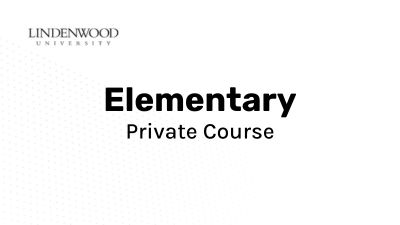Reading is foundational for all content within schools, so this first course in a larger series introduces learners to the best practices of reading instruction. These practices are aligned to the Science of Reading – decades of research that identifies how we learn to read. Specifically, you will learn how reading comprehension relates to the brain’s processing of external stimuli while being introduced to the five essential components of reading.
Course Description
- Click on 'Course Module' below under Course Content to begin!
Course Content

Earn a Professional Development Certificate
Share this credential with your school administration and in your performance review.
Completed a Course? Leave us Feedback to Help us Improve!

Instructor Bio
Instructor
- Full Lifetime Access
- Access on Mobile and Tablet
- Certificate of Completion
- Clock Hours
or
Subscribe to SPDC's Top Courses
Get this course, plus all of our top-rated courses, with our robust Subscription Plan
Starting at $79.99 per year after trial • cancel anytime
Our Top Picks!

Leadership
Stakeholder Language
When you communicate with confidence, stakeholders will fully understand the message you convey. This course teaches you how to adjust your message to the audience that you intend to reach. Language “You...

Instructional Practice
Grading Calibration 5: Conclusion
This final course in the Grading Calibration series culminates the learning through a final exercise, comparison with expert opinions, and concluding thoughts. This course focuses on ELA teachers and is a great...

Instructional Practice
Virtual Teaching Observation: Elementary [Private]
Recognizing that our ever-changing world needs resilient educators who exhibit passion and bring learning to life daily, this course aids in the preparation of future educators. Learners will receive a basic grounding...

Student Support
Guiding Your Students through Tallo
Tallo is a wonderful tool that matches your passions, talents, and interests with exciting education and career opportunities. Crystal Barkley and Jordan Barrera have collaborated to create a course that prepares you...






